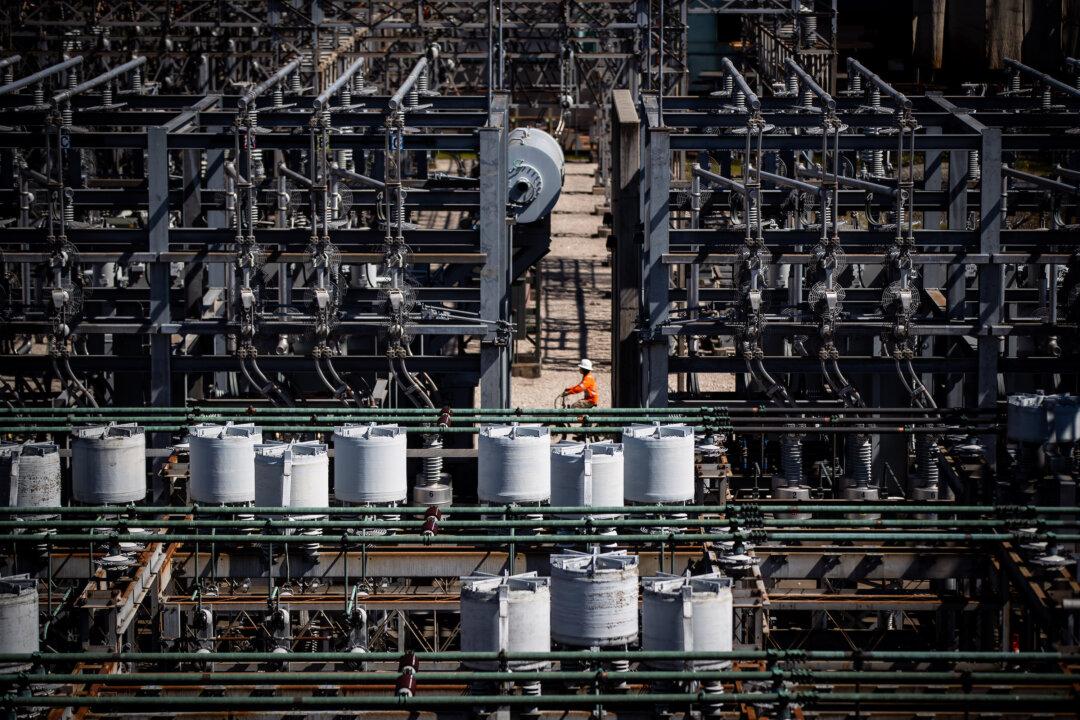The British Columbia government has placed an 18-month suspension on electricity connection requests for cryptocurrency mining operations in a bid to preserve the province’s energy supply.
The provincial government says the one-and-a-half-year halt will also give it time, along with BC Hydro, to engage with the “industry and First Nations, and develop a permanent framework for any future cryptocurrency mining operations.”





